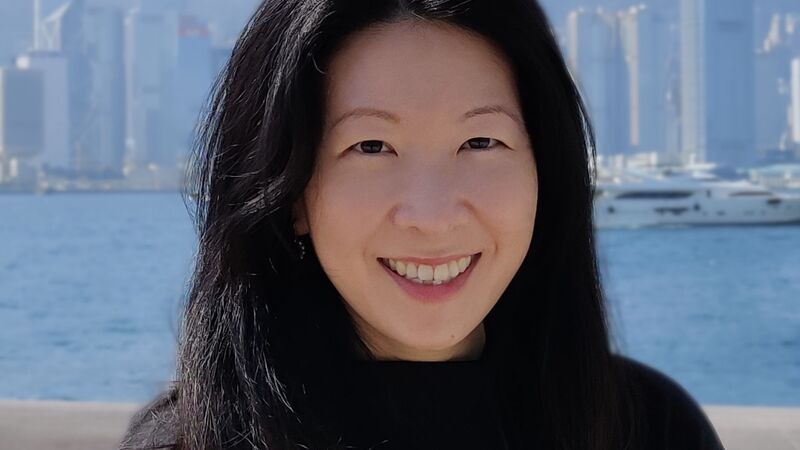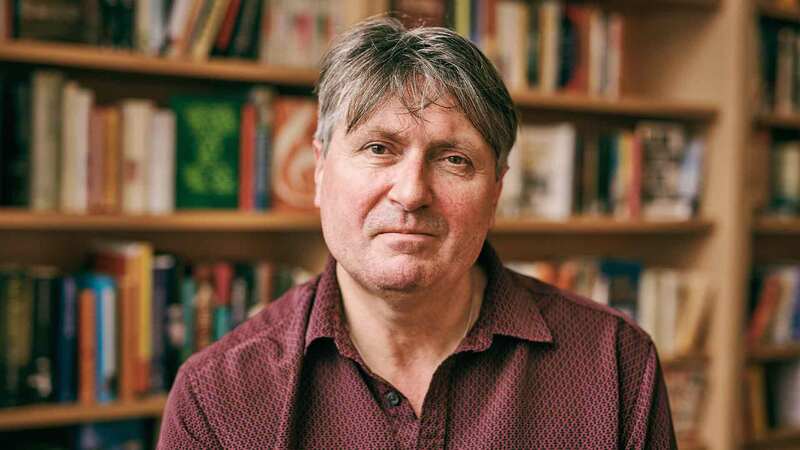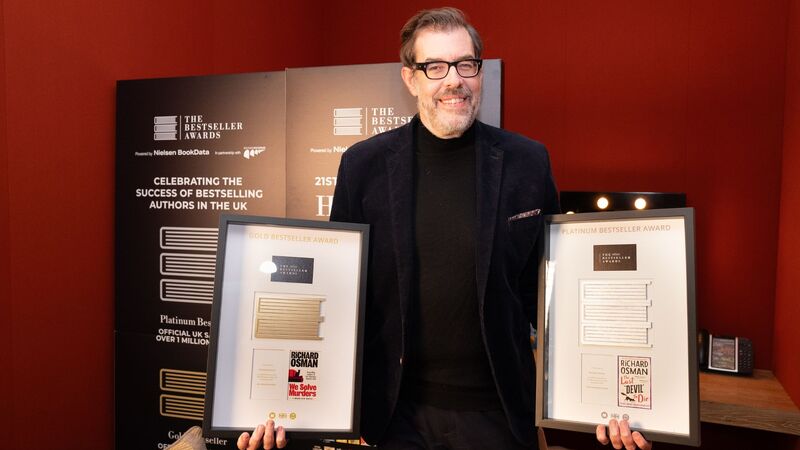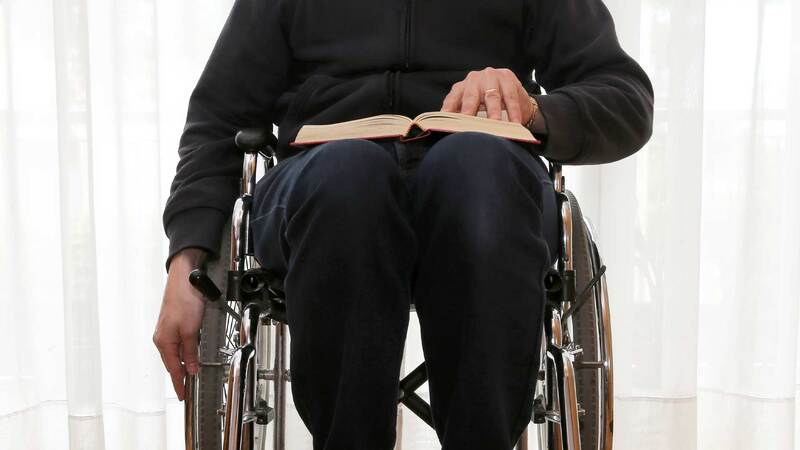You are viewing your 1 free article this month. Login to read more articles.
SoA vows to fight for authors' rights with European partners
The Society of Authors has vowed to continue its fight for authors’ rights by continuing its work in Europe to ensure UK authors' voices are heard in wake of the outcome of the EU referendum.
Calling for "calm and caution” the SoA said, as part of a statement released yesterday (27th June), “we must now come together to negotiate the changes to come”.
"At present there are a great many questions to be answered and decisions to be made and we must act with calm and caution as the next steps and implications become clear," the organisation said.
"Europe is one of the areas where we have worked hard to represent the rights and interests of authors. We will continue to work in Europe and with all international partners, as well as at a national level, to ensure our voice is heard.”
Immediate concerns from members emerged over the impact exiting the EU would have on reciprocal Public Lending Right and secondary licensing arrangements, many of which are managed by the Authors’ Licensing and Collecting Society (ALCS), as well as over EU grant funding.
ALCS has reassured authors that it is “business as usual” and "the agreements we have in place with European organisations to collect money for UK writers’ works aren’t dependent on our being a member of the EU”.
The SoA said of EU grant funding, which is particularly important for translation, that the grants continued to be open to UK authors "at the moment”, adding "we will press for a solution which continues to make grant funding available".
"Books, words, and images have always crossed borders. Authors will still be operating on a global level and we will still be there to support them,” the SoA added.
The organisation revealed further that it had written to the European Writers' Council (EWC), alongside fellow UK authors’ organisations ALCS and the Writers’ Guild of Great Britain, following the EU referendum result, to say: "The British people may have voted to leave the EU, but ALCS, the Society of Authors and the Writers’ Guild of Great Britain remain with you.”
The EWC responded “promptly”, according to the SoA, echoing its commitment to continued cooperation and stressed that "for EWC our members are all equal, regardless of whether you are from the EU28 or not.
"We are all European,” it said. "We wholeheartedly support our UK members, representing many thousands of writers and literary translators."

















